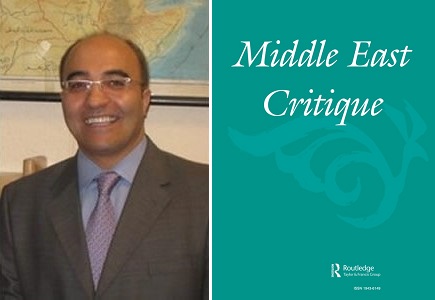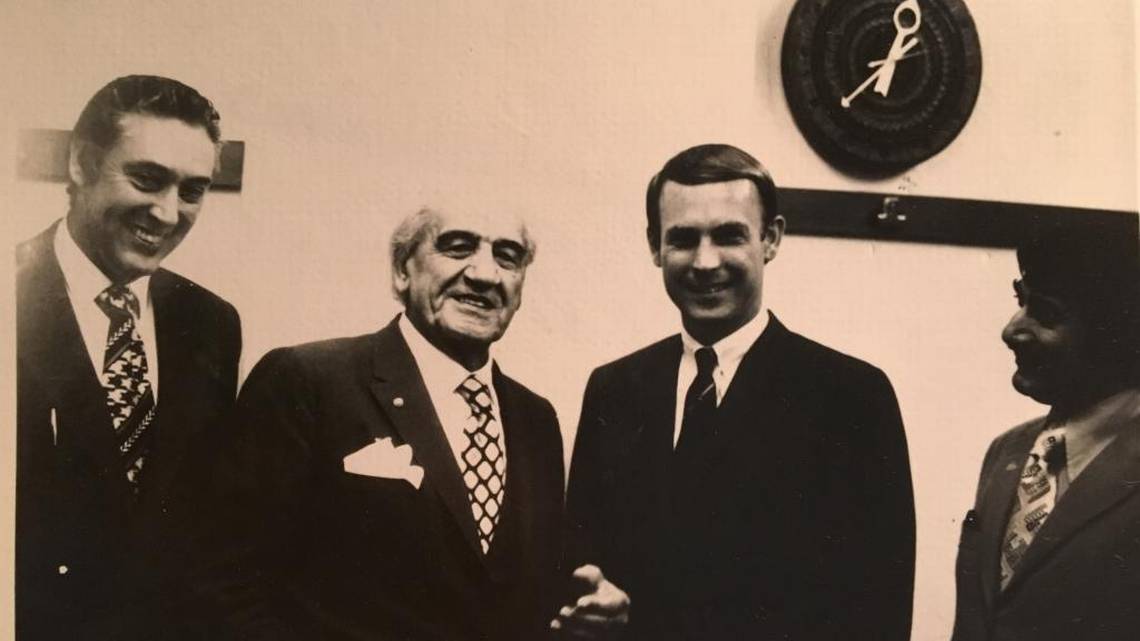It looks like the quest to change the status quo and to find a solution to the conflict that has become frozen ever since the occupation of Nagorno Karabakh and the seven surrounding Azeri regions by Armenian armed forces, the Azerbaijani community being subjected to massacre and forced to migrate, has remained inconclusive at the OSCE Foreign Ministers Council meeting where the issue was addressed. As is well known, Nagorno Karabakh and the surrounding seven Azeri provinces lie within the borders of the Republic of Azerbaijan and constitute part of its territorial integrity. When it was occupied by Armenian armed forces and local armed militia, the fighting that ensued was halted with a cease-fire agreement signed in 1994. Talks to achieve peace and settlement started through the Minsk Group of thirteen members within the OSCE, and the Minsk Group’s executive power was carried out through the three co-chairs formed by the US, Russia and France. Unfortunately, no progress has been achieved for eighteen years in resolving the conflict.
In the joint statement delivered during the recent Council meeting held on 5-7 December in Dublin, the capital of Ireland, the three co-chairs of the Minsk Group have yet again reiterated their rhetoric in a manner absolving themselves from responsibility by emphasizing that the responsibility to find a solution belongs to the two concerned parties. Instead of presenting a full report to the Minsk Group as well as to the Council on their findings and concrete proposals, the co-chair asked the parties to the conflict to give full and careful consideration to ideas presented by the co-chairs to them during their visit to the region in November. They have reaffirmed their readiness to assist the parties and welcomed the assurance from both Foreign Ministers to have a meeting with the co-chairs in early 2013. The two Foreign Ministers of the conflict not coming together either bilaterally or under the umbrella of the co-chairs or not participating in the joint statement of the co-chairs have not gone unnoticed.
The EU Representative has indicated that the protracted conflicts in Moldova, Georgia and Nagorno Karabakh continue to pose a serious threat to common security and that renewed attempts are needed for substantial progress. Taking into consideration the EU vision within the European family promised to these two countries during the summit held together with Armenia in Yerevan to which the President of the EU Commission has also attended, it remains to be seen how impartial and constructive a role the EU could play, especially in the Nagorno Karabakh conflict.
The Irish Deputy Prime Minister and the Minister for Foreign Affairs and Trade, which hosted the meeting and thus was chairperson in office, has said during the 19th meeting of the OSCE Ministerial Council that it is necessary to achieve progress in the talks held on the settlement of the Karabakh conflict, that the OSCE position in this issue is that the conflict, which lasted too long, must be resolved through the negotiations between the parties of the conflict and that the matter rests in a shaped process - the Minsk Group's activity, which is supported by the OSCE and assistance to the parties of conflict at these negotiations.
How constructive the recommendation to suggest the two conflicting parties to solve the problem between themselves in a situation where high-level officials of the two parties to the conflict have not even come together is open to evaluation. It is all the more unsettling when freezing the problem coincides with the interests of one of the parties, when it adds up to condoning and perpetuating an indefensible fait accompli, and that party instead of being issued a warning, is rather encouraged for a common vision as a family member. In a situation where both countries will be holding Presidential elections in 2013 whereby their political flexibility is narrowing further, time has come and is passing for the Minsk Group as a whole to assume responsibility and introduce new and creative proposals for the solution to the conflict.
© 2009-2025 Center for Eurasian Studies (AVİM) All Rights Reserved
 SASSOUNIAN’S OBSCURE RATIONALIZATION OF HATRED AND VIOLENCE
SASSOUNIAN’S OBSCURE RATIONALIZATION OF HATRED AND VIOLENCE
 COP29 EVALUATION IN THE CONTEXT OF AZERBAIJAN - ARMENIA RELATIONS
COP29 EVALUATION IN THE CONTEXT OF AZERBAIJAN - ARMENIA RELATIONS
 NEW SCHOLARLY ARTICLE ON THE TURKISH-ARMENIAN HISTORICAL CONTROVERSY
NEW SCHOLARLY ARTICLE ON THE TURKISH-ARMENIAN HISTORICAL CONTROVERSY
 A SHAMEFUL U TURN FROM THE AUTHOR OF "ARARAT ILLUSION"
A SHAMEFUL U TURN FROM THE AUTHOR OF "ARARAT ILLUSION"




























